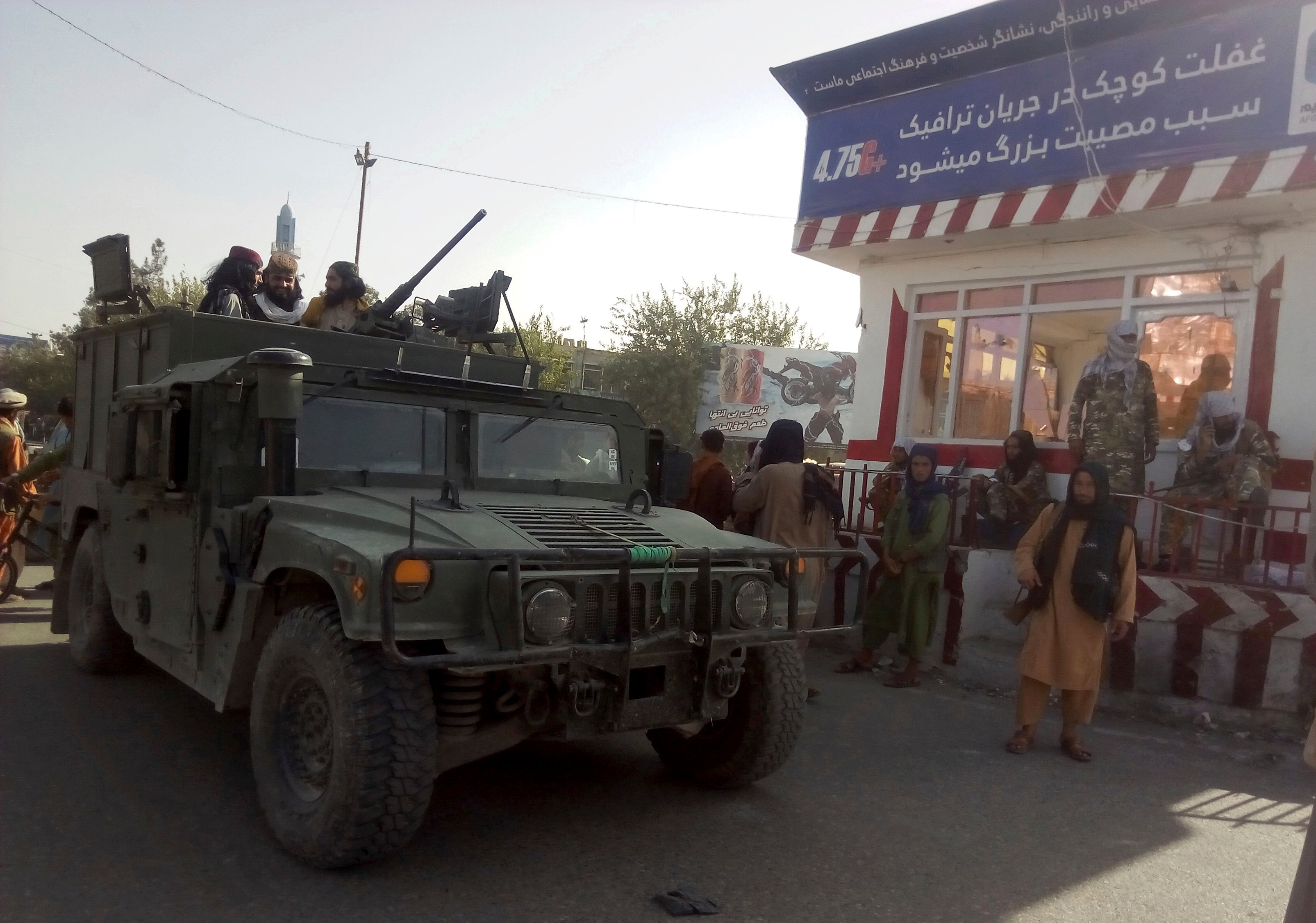US envoy urges Taliban to stop its offensive and return to negotiations
This comes as six EU countries warn against stopping deportation of asylum seekers

Your support helps us to tell the story
From reproductive rights to climate change to Big Tech, The Independent is on the ground when the story is developing. Whether it's investigating the financials of Elon Musk's pro-Trump PAC or producing our latest documentary, 'The A Word', which shines a light on the American women fighting for reproductive rights, we know how important it is to parse out the facts from the messaging.
At such a critical moment in US history, we need reporters on the ground. Your donation allows us to keep sending journalists to speak to both sides of the story.
The Independent is trusted by Americans across the entire political spectrum. And unlike many other quality news outlets, we choose not to lock Americans out of our reporting and analysis with paywalls. We believe quality journalism should be available to everyone, paid for by those who can afford it.
Your support makes all the difference.Any government that comes to power through force in Afghanistan will not be internationally recognised, said a United States peace envoy.
This comes as six countries in the European Union have said they want to avoid a massive influx of Afghan migrants and warned against stopping deportations of asylum seekers.
The Taliban has been making huge strides in taking over the country and has captured at least five out of the country’s 34 provinces or almost 65 per cent of Afghan territory.
The insurgent group has attempted to deprive the Afghan capital, Kabul, of its traditional support from the north, in an attempt to take complete control of the country.
Zalmay Khalilzad, the US envoy, travelled to Doha in Qatar on Tuesday, where the Taliban have a political office to try and convey to the insurgents they would not receive international support if they continue their take over of the country.
Mr Khalilzad has sought to persuade Taliban leaders to return to negotiations to try and reach a peaceful settlement with the western-backed Afghan government as American and NATO troops finish their pullout from the country.
His mission, according to the US state department, is to “press the Taliban to stop their military offensive and to negotiate a political settlement”.
The Afghan government is now under tremendous pressure to retain control of Lashkar Gah in Helmand province and Kandahar and Farah in provinces of the same names, reported the Associated Press.
India, a regional ally of Afghanistan, shut its consulate in Mazar-i-Sharif on Tuesday after the Taliban said it had trained its sights on the city. The city is the largest in the country’s north and one which is considered as critical for the Afghan government’s control of the area.
Atta Mohammad Noor, a northern militia commander, vowed to fight to the end, saying there would be “resistance until the last drop of my blood”.
“I prefer dying in dignity than dying in despair,” he said on Twitter.
Afghan president Ashraf Ghani has called on regional strongmen to support his government, after the Taliban made inroads into the town of Aibak by moving into government buildings, according to residents quoted by Reuters.
The town is on the main road between Mazar-i-Sharif and Kabul. Most government security forces have reportedly withdrawn from the town even as a pro-government commander has vowed to fight to the death to defend Mazar-i-Sharif.
Mohammad Yaqoob, the son of late Taliban leader Mullah Mohammad Omar, has reportedly urged his fighters, in an audio clip shared on social media, not to harm Afghan forces and government officials in the territories over which they gain control.
There have been reports, however, of civilians fleeing cities and massive internal displacement. Some reports said schools have been burnt down and women’s freedoms have been curbed.
A senior EU official said about 400,000 Afghans have been displaced in the past few months, with an increasing number of civilians escaping to Iran, according to Reuters.
The European Union, meanwhile, faces a dilemma over large numbers of Afghan asylum seekers approaching the borders of its member states.
At least six member countries have sent a letter to the bloc’s executive, warning against stopping deportations of rejected asylum seekers.
Austria, Denmark, Belgium, the Netherlands, Greece and Germany have said that stopping returns would “motivate” more Afghan citizens to leave their home country.
EU member states are nervous this could trigger a similar influx to that seen in the migrant crisis of 2015/2016 putting pressure on welfare systems and security.
The issue is expected to come up at a crisis meeting of EU domestic affairs ministers later in the middle of August, which was arranged mainly to discuss a surge of illegal border crossings from Belarus to EU member state Lithuania, Poland and Latvia.
Join our commenting forum
Join thought-provoking conversations, follow other Independent readers and see their replies
0Comments